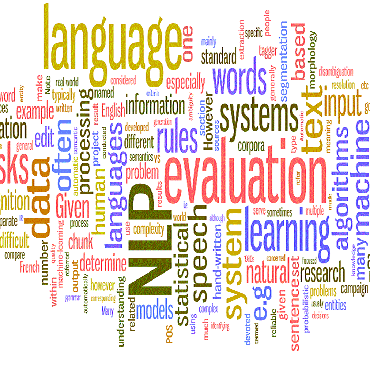In the r/AmITheAsshole subreddit, people anonymously share first person narratives that contain some moral dilemma or conflict and ask the community to judge who is at fault (i.e., who is "the asshole"). In general, first person narratives are a unique storytelling domain where the author is the narrator (the person telling the story) but can also be a character (the person living the story) and, thus, the author has two distinct voices presented in the story. In this study, we identify linguistic and narrative features associated with the author as the character or as a narrator. We use these features to answer the following questions: (1) what makes an asshole character and (2) what makes an asshole narrator? We extract both Author-as-Character features (e.g., demographics, narrative event chain, and emotional arc) and Author-as-Narrator features (i.e., the style and emotion of the story as a whole) in order to identify which aspects of the narrative are correlated with the final moral judgment. Our work shows that "assholes" as Characters frame themselves as lacking agency with a more positive personal arc, while "assholes" as Narrators will tell emotional and opinionated stories.
翻译:在 r/ AmITheAshouse Subredit 中,人们匿名地分享了含有某种道德困境或冲突的第一人叙述,并要求社区判断谁是错的(即谁是“混蛋 ” ) 。 一般来说,第一人叙述是一个独特的故事领域,作者是旁白(讲述故事的人),但也可以是一个性格(活故事的人),因此,作者在故事中有两种不同的声音。在本研究中,我们确定与作者相关的语言和叙事特征是性格或旁白。我们用这些特征回答下列问题:(1) 是什么制造了一个混蛋的性格和(2) 是什么使一个混蛋的旁白? 我们既提取作者是讲故事者(例如,人口学、叙事链和情感弧)的特征,又提取作者是写作画家的特征(即整个故事的风格和情感),以便确定该叙事的哪些方面与最后的道德判断相关。我们用这些特征来回答以下问题:(1) 是什么使一个混蛋的性格和(2) 是什么使一个混蛋的理论? 我们的工作显示,“assholes” 作为字符框框框中缺少一个积极的个人故事。



